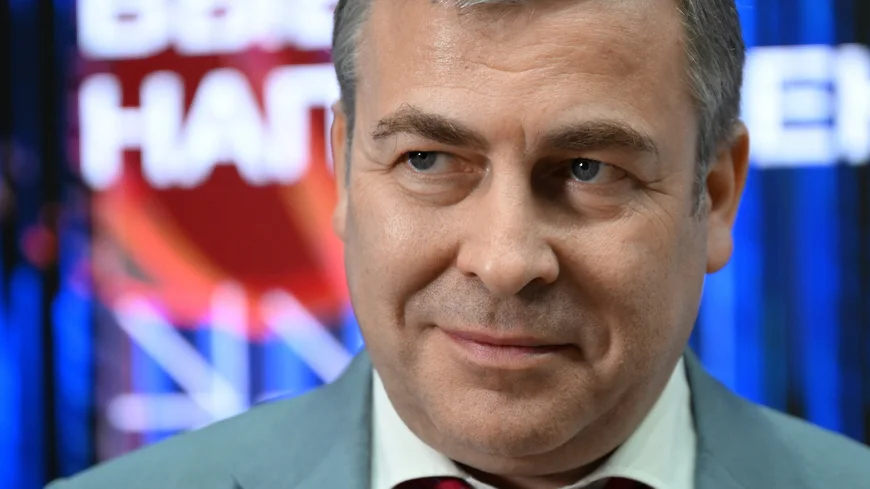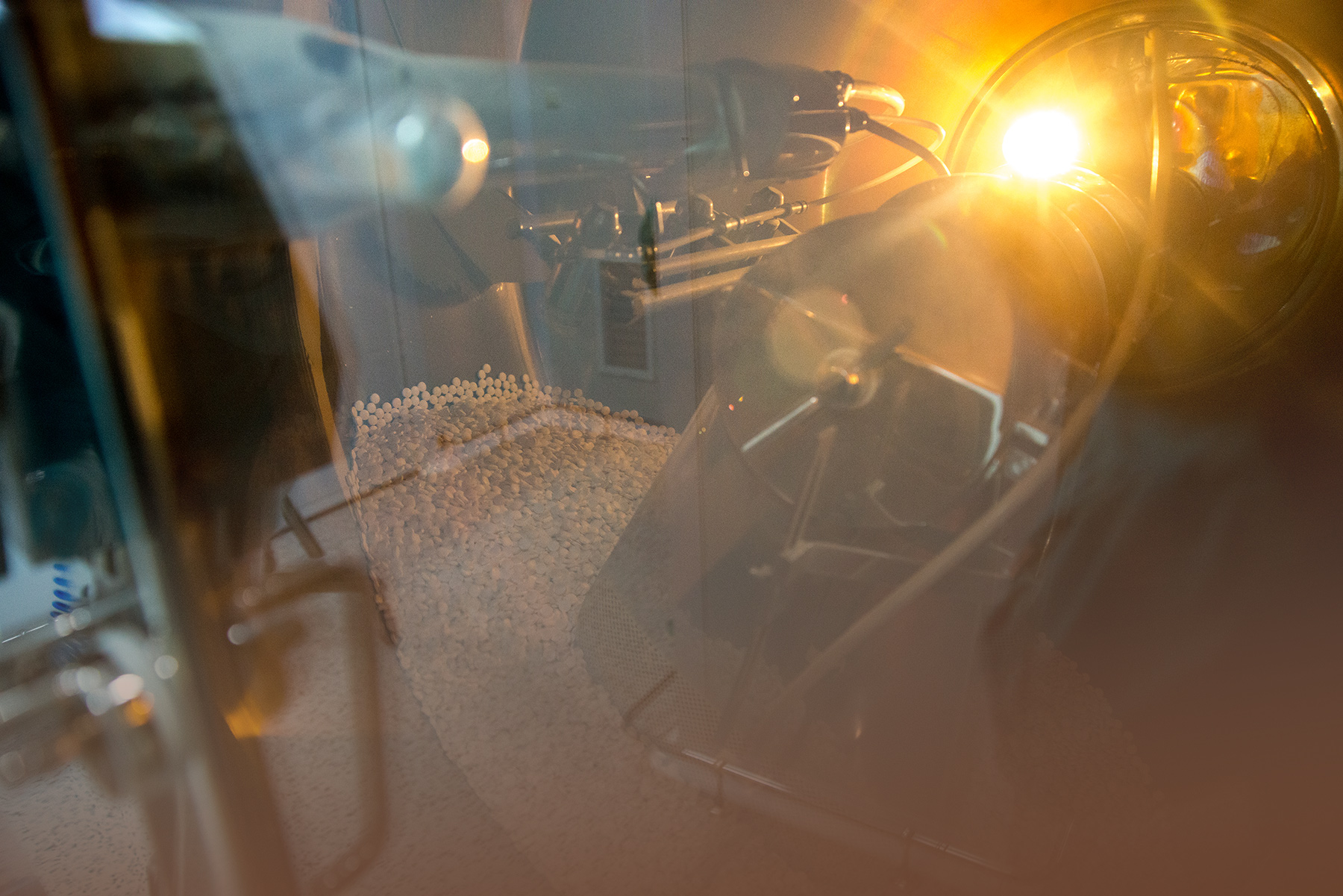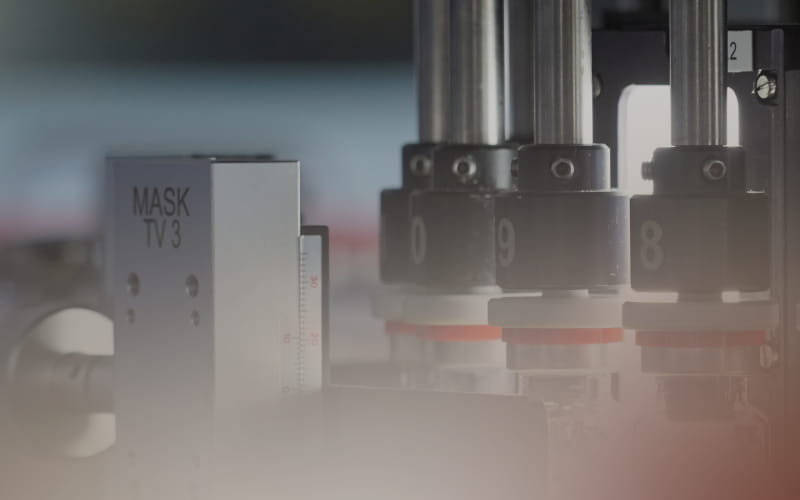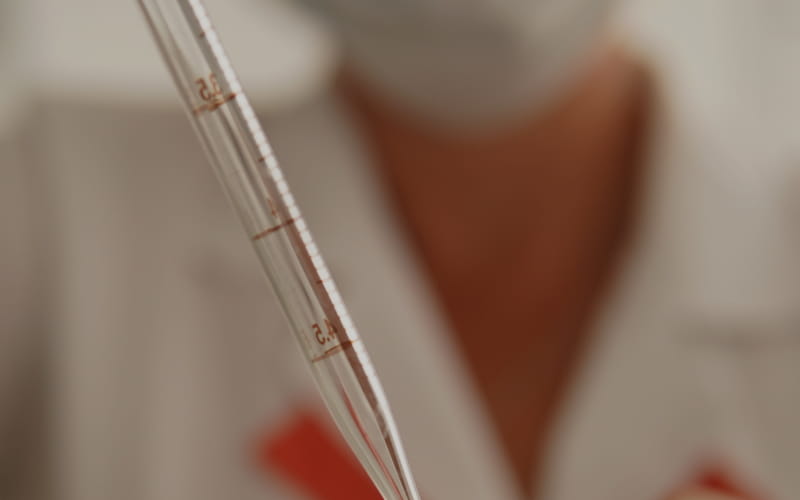
“Biopharmaceutical medicines are in great demand, and Russia could provide them not only to domestic market, but also export to other countries”
Chairman of the Board of Directors of Promomed Group Petr Bely on plans for the development of the company's projects
The coronavirus pandemic demonstrated the importance for Russia to have a full cycle production of the most popular drugs for the treatment of major diseases. Petr Bely, Chairman of the Board of Directors of Promomed Group, spoke about the prospects of creating next-generation drugs in Russia, why it is necessary to increase domestic production of drug substances, and what support measures are needed for the Russian pharmaceutical companies.

— At SPIEF, you signed a cooperation agreement with the Department of Investment and Industrial Policy of Moscow, which includes the establishment of a center for the full production cycle of the latest generation biotech drugs by the Promomed Group in the Technopolis Moscow Special Economic Zone. Why you chose this particular project for investment? How does it fit into the global development strategy of your company?
— The development of biotechnological drugs is now one of the most promising areas for the pharmaceutical industry around the world. The active substance of biologics is based on living cells or genetic material. To give them specific properties, a complex combination of biological and physico-chemical methods is used. These drugs include vaccines, monoclonal antibodies, enzymes, blood products, and plasma factors.
In fact, biological drugs open a new era in the treatment of a large group of diseases that were considered incurable. Let’s take, for example, such a severe systemic disease as vasculitis, which is a chronic inflammation and necrosis of the vascular endothelium caused by autoimmune attack. Now, with the help of biologics, we can ensure a high quality of life for these patients for a long time and, most importantly, a high survival rate. A similar breakthrough has already taken place or is expected in the near future for many other groups of diseases that previously responded poorly to therapy. Such diseases include the degradation of the nervous system, such as Alzheimer's dementia or parkinsonism, oncological and autoimmune diseases. In other words, biopharmaceutical medicines are in great demand, and Russia could supply them not only to its domestic market, but also to other countries.
In the 2010s, thanks to government support under the Pharma-2020 program, Russian pharmaceutical companies significantly increased their capacity and expertise. As a result, the share of Russian medicines in the domestic market has increased and we moved closer to technological sovereignty in this area. Now Russia needs the same breakthrough in the development and production of biological drugs, and we are going to work intensively on this within the framework of our joint project with the Moscow government.
At the Technopolis Pechatniki site, we plan to create a modern research laboratory with a pilot production site for developing the latest drugs, scaling up manufacturing processes, including original ones; at the Alabushevo site the production of original domestic biological products will be organized. We foresee development in monoclonal antibodies, vaccines, and RNA products. The project is based on further development of our own portfolio of the latest biotechnological substances.
— In March, Russian President Vladimir Putin participated in the opening ceremony of the Promomed's plant for the synthesis of active pharmaceutical ingredients at the production site in Saransk. Please tell us in more detail what kind of project it is and why it aroused interest at such a high level?
— This is a production facility with a capacity of more than 340 tons of substances per year. These are seven lines, including dedicated for anti-cancer drugs, which are capable to produce more than 150
types of molecules per year. Today it is one of the largest and, probably, the most modern and environmentally friendly plant for the synthesis of substances in Russia.
The launch of this plant was the largest step in the consistent development of our program for the synthesis of substances. For example, in 2018, we launched the synthesis of the latest generation of antibiotic substances and opened R&D to fight infections. This is a microbiological synthesis. In 2020, we created our own RNA platform for a whole group of drugs. This is a biological synthesis.
— Why did you choose such a development strategy for your company? What is the ultimate goal? Is it the national drug supply security?
— Of course, the own synthesis of substances underlies the medicinal sovereignty of the country. And the launch of our plant is another step to achieve this. In addition, own synthesis of molecules is a direct access to the creation of the newest drugs. They, in turn, make it possible to treat what was previously untreatable, to make therapy more effective and safe.
Let me give you an example. During COVID pandemic we repurposed our anti-infection R&D center to work with antiviral drugs. This work resulted in the appearance of a line of anti-COVID drugs in the country. This made it possible to solve the problem of the availability of therapy for patients. Moreover, in Russia the first drug with direct antiviral action appeared a year and a half earlier than, for example, in Europe or America.
Let me underline: it is important for us not only to ensure the drug security in Russia, but also to bring Russian products to global markets. Indeed, all countries of the world need ultra-modern therapy. That is why the country's own molecules and original drugs created on their basis are the real export potential of the country.
— As you have already said, thanks to the Pharma-2020 program, Russian companies were able to increase their share in the domestic market and make Russia more independent of import. What exactly is your company doing to keep this process going?
— At the end of 2022, we launched the latest high-tech production of tablets at the Biokhimik plant, where vacuum transmission technologies replace human labor. The line is equipped with the most modern technologies, including those for the manufacture of multilayer and compound tablets, for production in conditions of photosensitivity and low humidity. Due to the exclusion of possible human errors, the level of pharmaceutical safety in this production is significantly higher. Not all European manufacturers can boast of such equipment. Here is the answer to the old question “which tablets are better – domestic or imported.” Those tablets where pharmaceutical safety is higher are better. And now these are our tablets! This is another significant factor in increasing the export potential of Russian drugs.
— You mentioned that at the previous stage of the development of the domestic drug market, the role of government support was great. What measures do you need now to develop the production of biological drugs?
— First of all, I must say that the government is already doing a lot to support and develop the industry. We are also talking about a wide range of instruments of the Ministry of Industry and Trade, including programs of the Industrial Development Fund, which we actively use. About the system of fast tracks, which the government has provided for the accelerated launch of especially important categories of drugs on the market. About the priority investment development programs implemented by state financial institutions.
A lot is being done at the regional level. For example, Mordovian State University, with the active support of the leadership of the republic, is now preparing the opening of a federal center for the
development of biotechnology, which is a kind of a public sharing center, which will help to localize in Russia important stages of the process of developing biotechnological drugs, which are now available only abroad.
A great help to the industry would be the implementation of the Pharma-2030 strategy, developed with participation of many major manufacturers. It provides for a clear policy for the development of the domestic production of substances. Moreover, which is very important, great attention is paid to supporting the export activities of Russian pharmaceutical enterprises.
Drug export is not just about shipping products to another country. This is primarily the recognition of drug quality and proper conditions for production, that is, the results of GMP inspections and clinical trial data.
That is why the work that the Ministry of Industry and Trade is now conducting with the UAE government on the mutual recognition of GMP documents is so important. This is access to the markets of more than 40 countries that have a free trade agreement with MENA countries. Of course, activities with regulators on mutual recognition of quality documents at the state level must be continued with the countries of Africa, Asia, Southeast Asia. That will allow our production standards to be recognized there without additional confirmation.
With this systematic approach, the Russian pharmaceutical industry has everything to become one of the global leaders in exporting innovations in the field of drug supply in the coming years.
Sourсe: www.kommersant.ru



